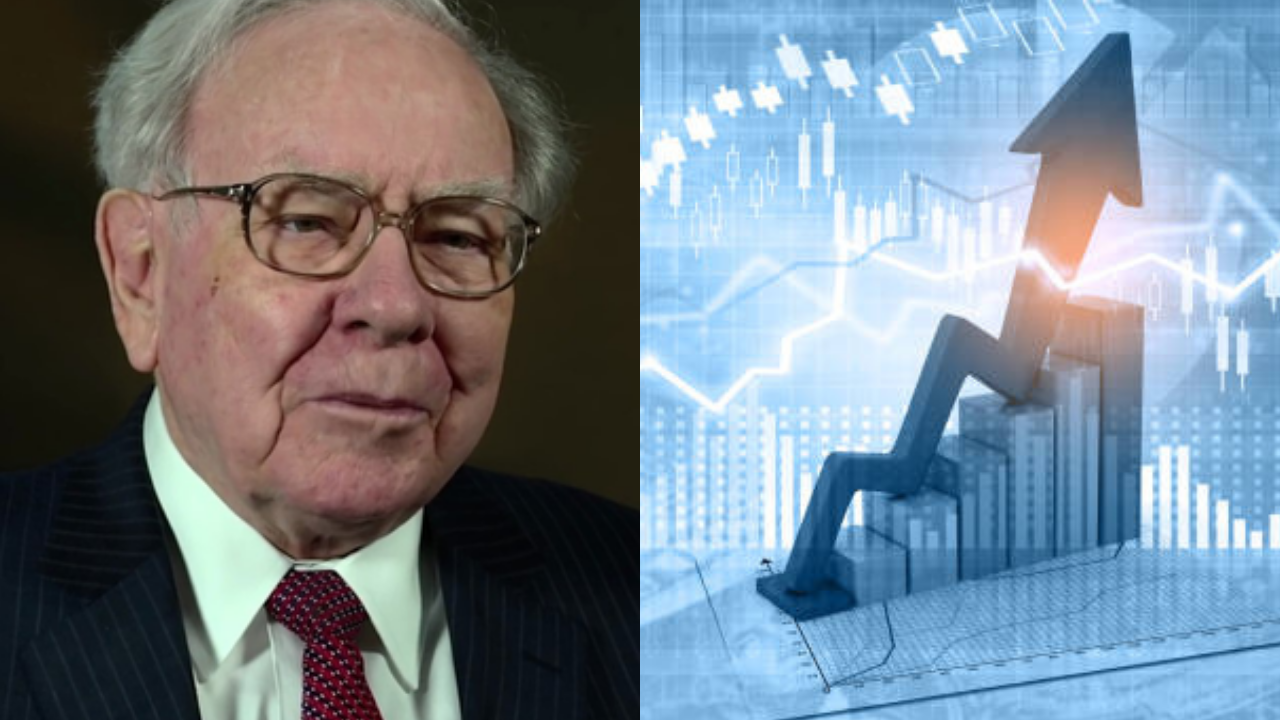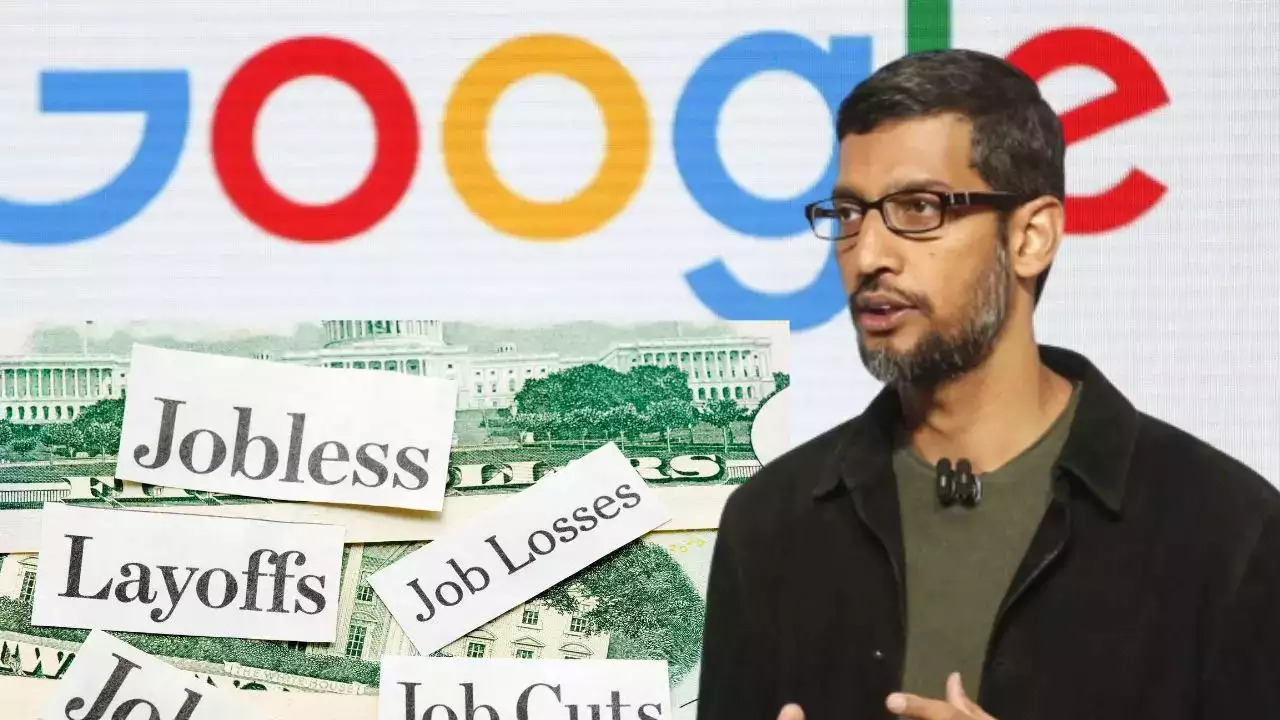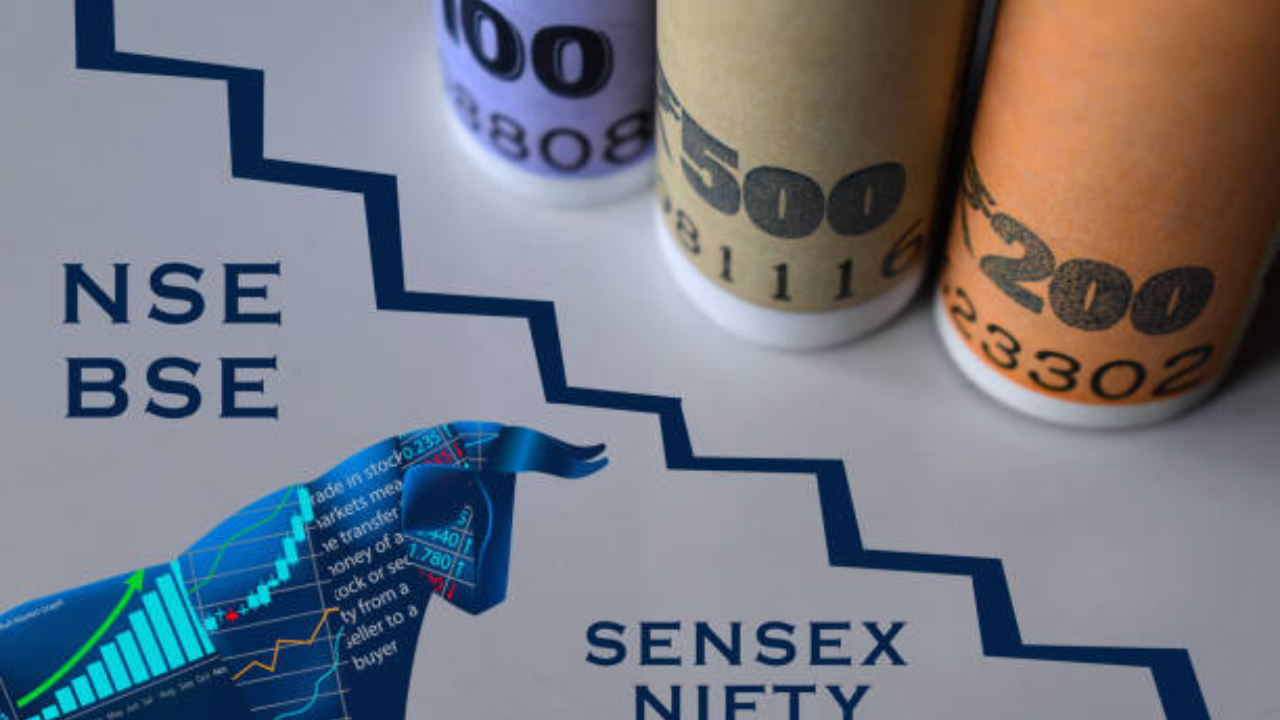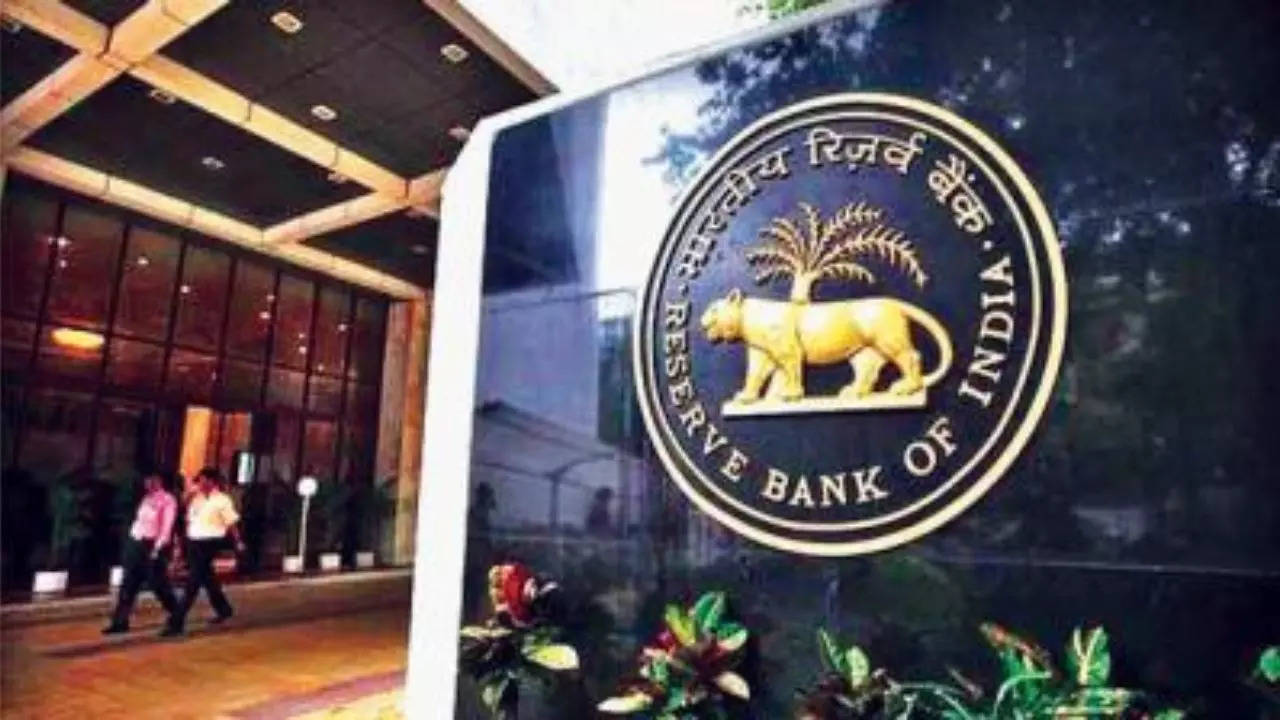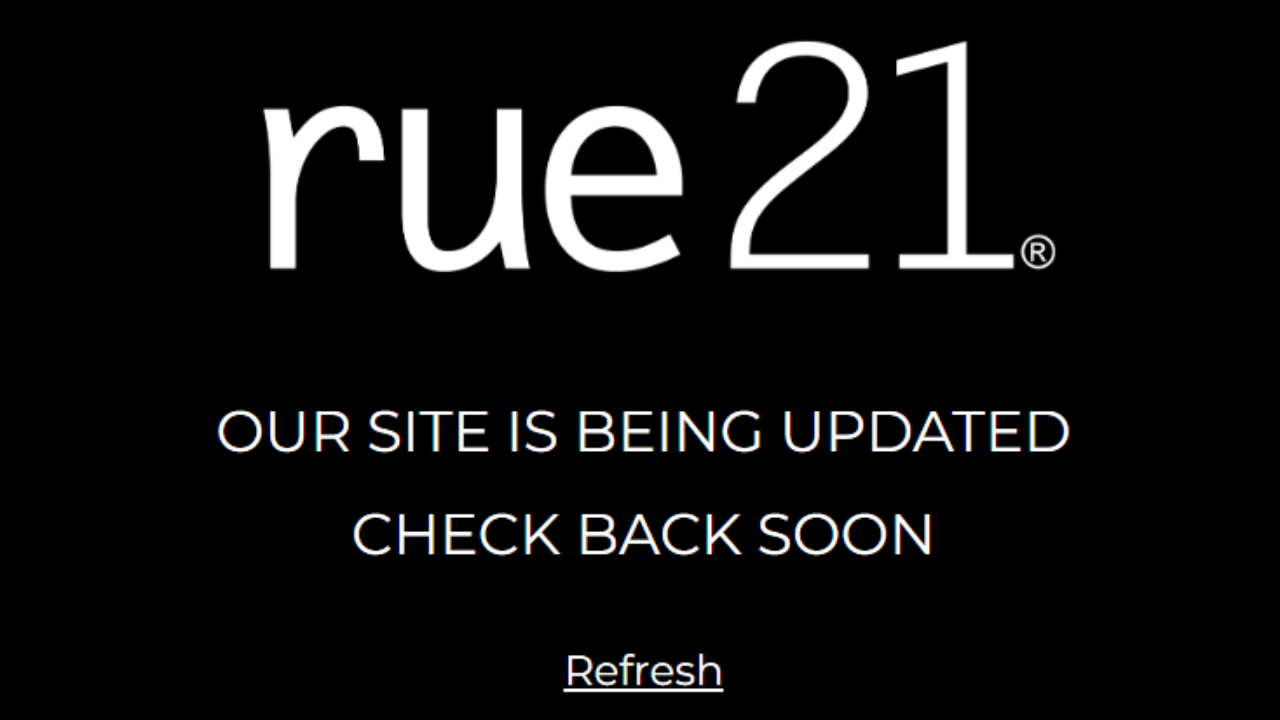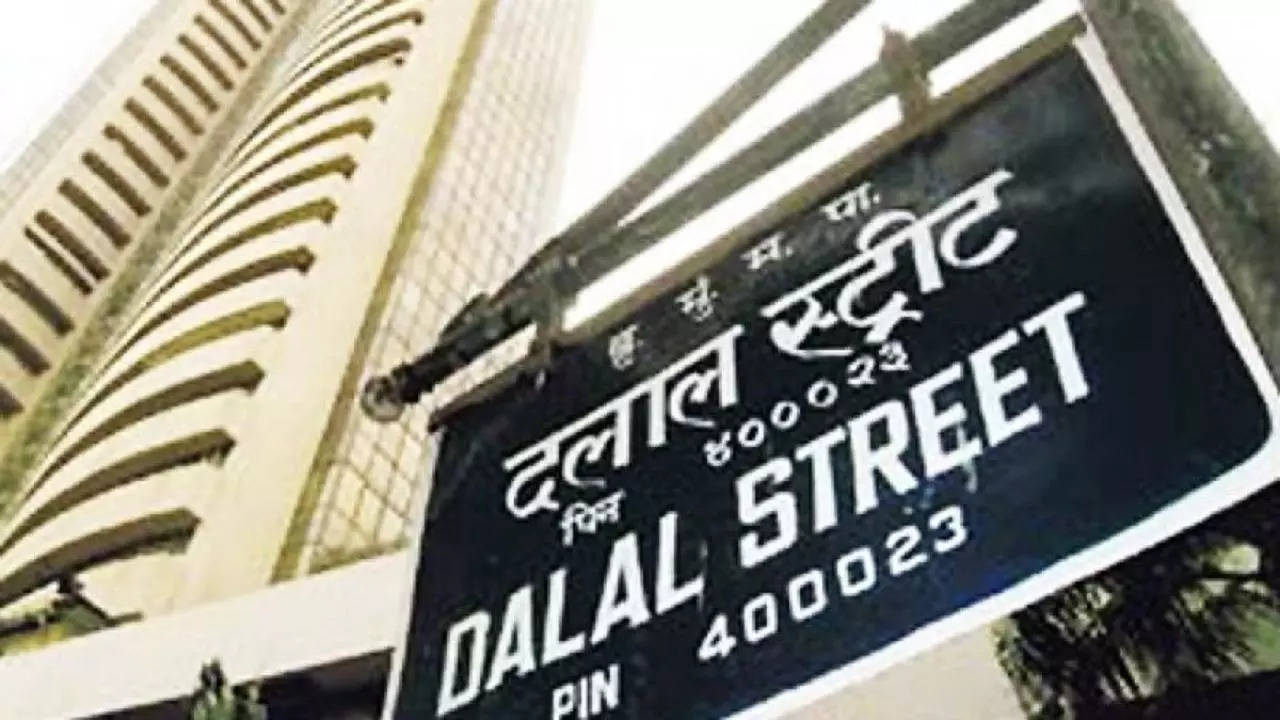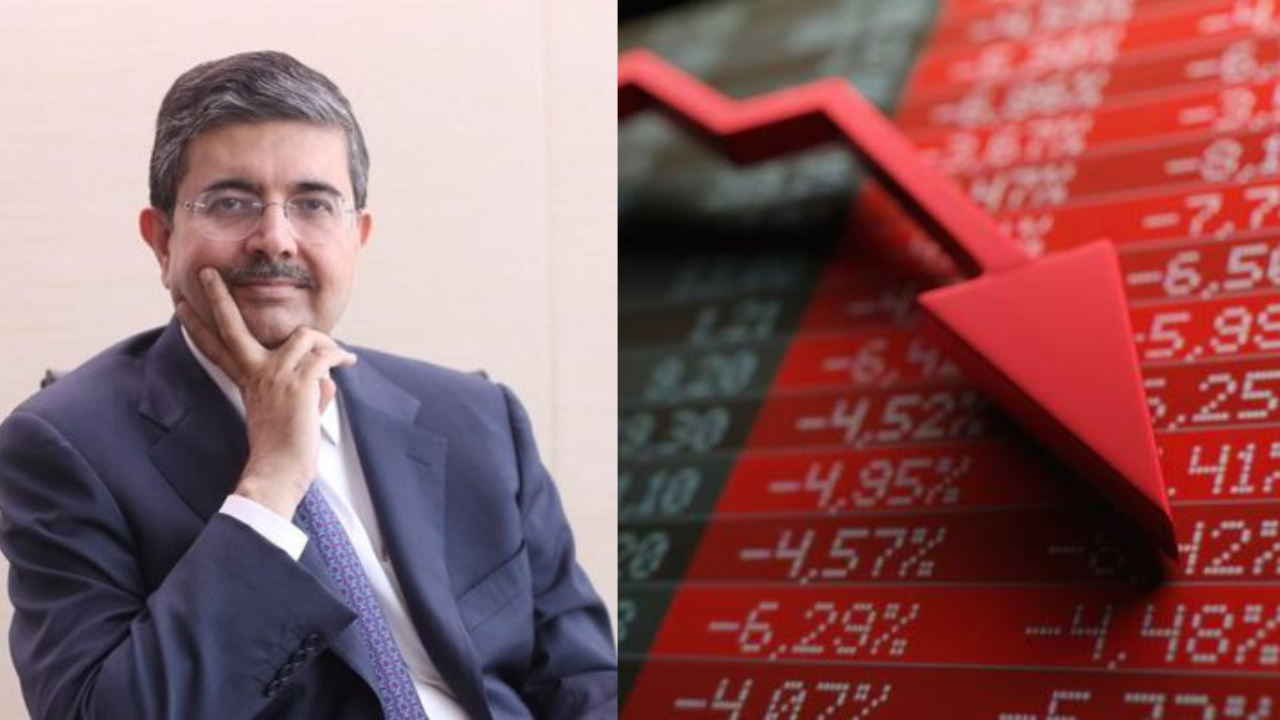

Uday Kotak’s Wealth Dips (Image Source: Twitter, iStockphoto)
India’s regulatory authority has dealt a severe blow to Kotak Mahindra Bank Ltd., sending shockwaves through the financial sector. The bank, built over decades by billionaire founder Uday Kotak, faces one of its most significant challenges to date.
The Reserve Bank of India (RBI) has imposed a ban on the bank, prohibiting it from adding new customers through digital channels and issuing fresh credit cards.
According to The Economic Times report, following the regulatory intervention, Kotak Mahindra Bank’s shares plummeted by as much as 13 per cent, marking the most significant decline in four years.
As the largest shareholder with a stake of nearly 26 per cent, Uday Kotak bore the brunt of the sell-off, witnessing a staggering decline in his wealth by USD 1.3 billion, according to the Bloomberg Billionaires Index. His net worth, previously standing at USD 14.4 billion, now faces a significant dip.
Axis Bank Ltd. has surpassed Kotak Mahindra Bank’s market capitalisation for the first time since 2016. Axis Bank’s shares surged following an earnings beat, further exacerbating Kotak Mahindra Bank’s woes.
In response to the regulatory action, Kotak Mahindra Bank stated its commitment to addressing the identified issues swiftly. The bank emphasized its ongoing efforts to adopt new technologies and strengthen its IT systems.
Earlier this year, Uday Kotak stepped down as CEO, handing over the reins to new Chief Executive Officer Ashok Vaswani. Vaswani has emphasised the importance of scale for the bank’s growth trajectory and highlighted ongoing investments in technology infrastructure.
The ban on online customer acquisition is expected to hamper Kotak Mahindra Bank’s growth prospects, particularly given its reliance on digital channels.
The analysts predict a negative impact on the bank’s sentiment and growth trajectory, especially considering its comparatively slower pace of physical branch expansions.
As Asia’s richest banker navigates this turbulent period, the banking industry watches closely for developments and potential implications for the broader financial sector.



